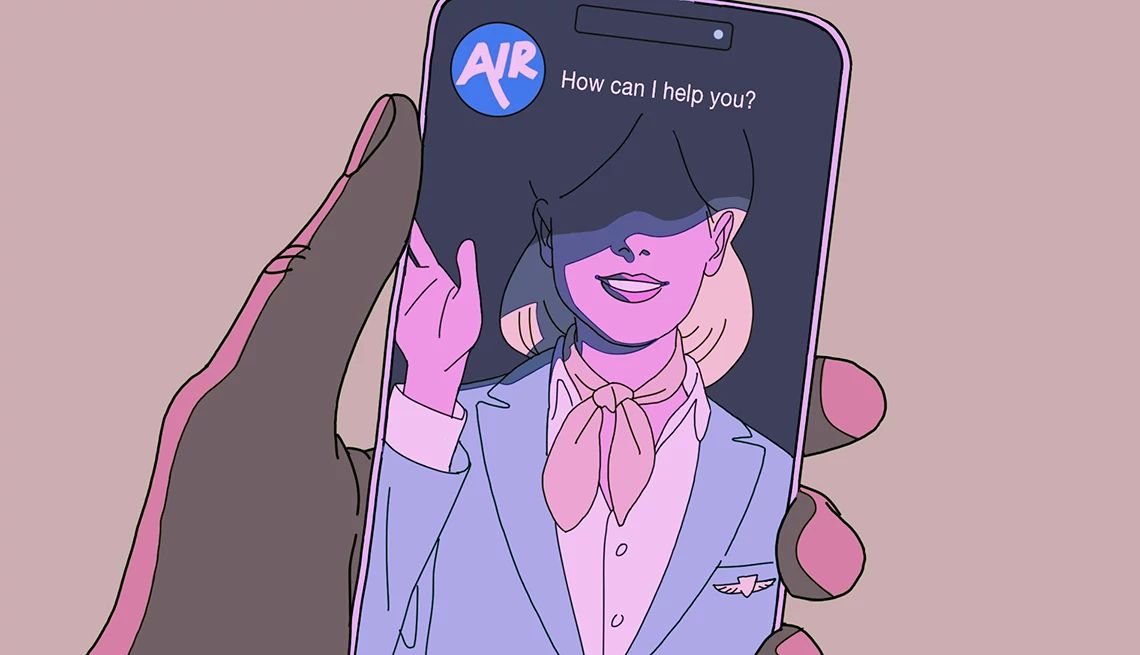AARP Hearing Center
As the year winds down, many Americans embrace the ‘Season of Giving’ and contribute to causes close to their hearts. In 2024, individuals donated more than $392 billion to charity, according to the Giving USA Foundation’s annual report on U.S. philanthropy. A large share of those donations happens in the year's final months. While this outpouring of generosity supports many worthy causes, it also creates opportunities for scammers to steal from well-meaning donors.
Here’s how to help ensure your contributions reach the people and organizations that truly need them — not criminals.
How It Works:
- You receive a phone call, email, piece of mail, or even an in-person visit from someone asking for donations to support veterans, animals, children in need, victims of natural disasters, or other charitable causes.
- You might get a “thank you” message by email, letter, or phone, suggesting you’ve donated to a particular cause in the past.
- You feel pressured to contribute on the spot.
What You Should Know:
- Charities need our support more than ever, which makes it more important than ever to ensure our donations are going toward a cause – not to line the pockets of outright fake charities or those that are not good stewards of those donations.
- Legitimate charities will not request gift cards, wire transfers, or cryptocurrency as a form of payment, and while they may use pressure tactics, real charities will welcome your donation at any time.
- When considering supporting crowdfunding campaigns, it is safest to donate to those organized by people you know and trust.
- Fake charities also surge when major crises dominate the news – such as wars, natural disasters, or humanitarian emergencies.
What You Should Do:
- Research before donating. Check organizations on sites such as give.org, CharityNavigator.org or CharityWatch.org to confirm legitimacy and find out how much of the funds are used to serve its stated mission versus overhead and fundraising.
- Pay attention to the charity’s name and web address. Criminals often mimic the names of familiar, trusted organizations to deceive donors.
- Be wary of links in unsolicited email, text, and social media fundraising messages. They can unleash malware on your device.
- Use a credit card for donations. It’s easier to keep track of your contribution, and if your card is misused, you have protection against loss.
- To avoid that feeling of pressure when a solicitation comes your way, communicate that you have a set list of charities you support (and then create a list of charities you’ve researched!).





































































